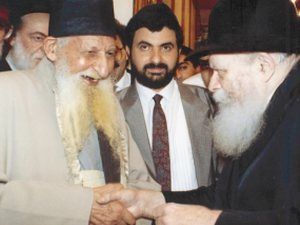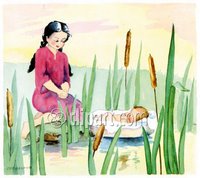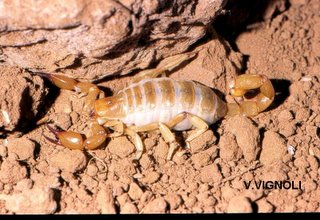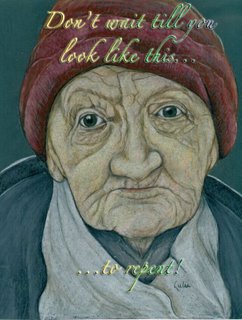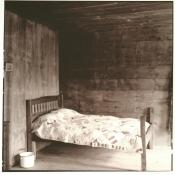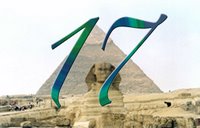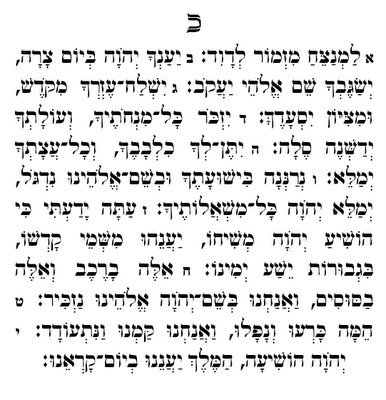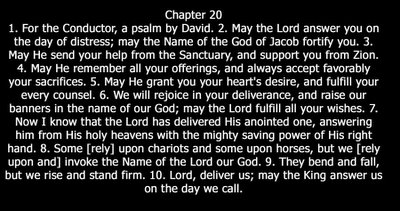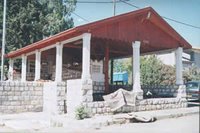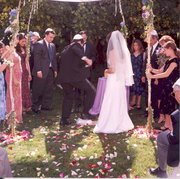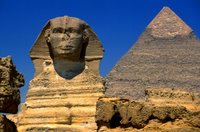Thought of the week - Shemot

Yisro's daughter's said, "an Egyptian man rescued us from the shepherds. He also drew water for us and watered the sheep." (2:19)
How did Jethro's daughter's reffer to Moses as an Egyptian? It is known that Moses wasn't in Egypt for over 10-20 years now. It is written that after Moses ran away from Egypt he arrived in Cush (Ethopia.) At that time they were haveing a war with Aramia and the lands of the East. These nations were Vassal States to Cush and now were fighting for their independance.
Balam and his 2 sons were advisors to Kinkas, King of Cush. They were put in charge of the government while the king was away at war.
While Kinkas was away Balaam gathered the leaders of the city saying "The city is now in our hands. We can easily get rid of Kinkas as king, let us all unite and when he returns we will not let him back into the city."
The leaders agreed to the plan and swore an oath of loyalty to Balaam. They built a high fortified wall on 2 sides of the 
city. On the third side they dug a broad water filled moat, and on the fourth side was a deep trench crawling with venomous snakes. There was no way for anyone to enter the city.
Returning with his war weary troops, Kinkas aproached the city only to find high fortified walls and that he has no way of entering his own city. this siege lasted for 9 years!
During the first year of the siege, Moses fled Egypt finding his way to Cush and joining Kinkas's forces. At that time Moses was a strong young man around the age of 20. Seeing his wisdom the king took him as his closest advisor. 9 years had passed since the siege began and one day Kinkas became very ill and died 7 days later.
The Cushite troops then appointed Moses as their king. On his Seventh day as King he formulated a plan how to restore their city.
Moses commanded that each man should go into the forest and get fledgling storks. This way each man would have his own stork. They must train the bird to do his bidding.
stork. They must train the bird to do his bidding.
When the storks matured and were well trained to swoop up to the sky to catch prey all according to it's owners command Moses commaned that for 3 days the birds must be starved.
On the third day Moses led the troops to the side of the city with the snakes. At their King's order each man sent his trained stork aloft ordering it to attack the snakes. With their long beaks the hungry storks took little time to kill and devour the serpents without being afraid of being bitten.
The trumpets sounded and the attack was mounted against the now undefended city, victoriously regaining the city. Balaam and his sons made their escape back to Egypt.
After a while Kinkas's son grew up and Moses was kindly and respectfully asked to step down and give the son to be their king. Moses agreed, and was rewarded with lots of silver and gold and respectfully escorted from the city. This was when he went, and settled in Midyan where he met Yisro's daughters.
So once again the question arises. How could the daughters have known that he was an Egyptian after being a King in Cush and away from Egypt for so long?
The reply is because when Jethro's daughters thanked Moses from them, he replied, "Don't thank me, thank the Egyptian man  I killed. If not for him I would not be here." Explaining them with a parable. "Once a man was bitten by a wasp and ran to the river to cool off the stinging bite. Arriving at the river he sees a child drowning and saves him. The child says to the man, "if not for you, I would have drowned." The man replied, if not for the wasp, I would not have been here!""
I killed. If not for him I would not be here." Explaining them with a parable. "Once a man was bitten by a wasp and ran to the river to cool off the stinging bite. Arriving at the river he sees a child drowning and saves him. The child says to the man, "if not for you, I would have drowned." The man replied, if not for the wasp, I would not have been here!""
Hence Jethro's daughters were in fact reffering to the Egyptian man that Moses killed.
We learn from this a special lesson in our daily lives. We never know what we do or say today, that could have an effect tomorrow. Every experience is for the good. You never know what will come out of it.
The Baal Shem Tov teaches us that all is divine providence, even the leaf falling from the tree. If you would look a little more closely it was to cover the ant from the cold!
Remember do only good!
Derived from Meam Loez - Medrash (Rabba) - Talmud - Teachings of the Baal Shem Tov.
© Yershi Designs - Thought of the week

